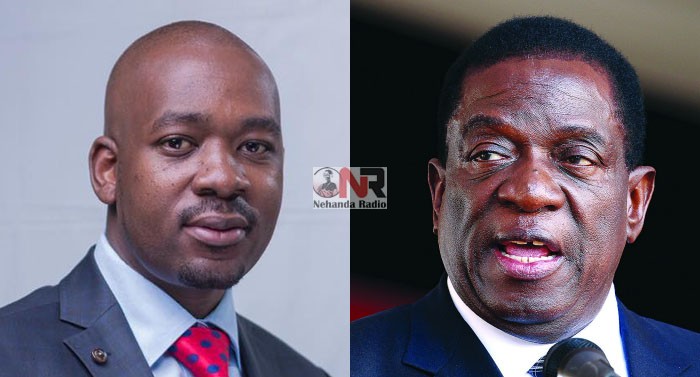We’re far from free, fair elections
By Tendai Kamhungira
Zimbabwe is still far from conducting a free and fair election as government drags its feet on putting in place the much-needed electoral reforms that will level the playing field.

The country, which is expected to hold harmonised elections between July and August this year, has seen opposition political parties hitting the campaign trail but their efforts have been largely ignored by the public media.
Since his inauguration in November last year, President Emmerson Mnangagwa has been promising a free, fair and credible election.
And pursuant to this promise, he has even extended invitations to regional and international bodies to observe the country’s elections this year.
But analysts say this is not enough, owing to the situation on the ground, where only the ruling party is being given access to the State media. At the same time, the much-awaited electoral reforms have not been put in place.
Political analyst Shakespeare Hamauswa urged the opposition to continue pushing for reforms, if they want to win the forthcoming election.
“What is happening is that ED (Mnangagwa) and Zanu PF believe they cannot win a free and fair election and that reforming electoral laws to them means giving power to the opposition.
“So the worst case scenario is that their planned rigging tactics might be exposed. If this happens the country will be isolated again and efforts on revamping the economy will not yield results. What is needed is the opposition to continue pushing for reforms and train election agents in advance to ensure that all polling stations will have polling agents. It is also important for the opposition to continue encouraging people to register to vote,” Hamauswa said.
“We are likely to have the elections without reforms or to be forced into a GNU (Government of National Unity) of sorts while these politicians pay lip-service for another five years or so on reforms,” Saungweme said.
Others believe Mnangagwa has a chance to end the culture of impunity by ordering the arrest of perpetrators of violence who are still boisterous even as the country goes towards crucial polls.
UNDP administrator Achim Steiner, who is also vice chair of the UN Development Group, recently concluded a three-day visit to Zimbabwe, where he welcomed Mnangagwa’s calls for free, fair and credible elections.
“UNDP is committed to continue supporting the preparatory process for the election and economic recovery efforts,” he said.
However, some analysts have also noted that the playing field is tilted in favour of Zanu PF, which will negatively affect the electoral process.
Writing on his Twitter account, political analyst Alex Magaisa said: “I rarely do this but please indulge me. You’re watching events in Zimbabwe. The president has promised free and fair elections. But the playing field remains uneven. State media is still stuck to (former president Robert) Mugabe-era habits. Is this free and fair?”
Political analyst Maxwell Saungweme said there are no hopes for reforms before the elections as they need 12 to 24 months to be put in place and effected.
“We don’t have such time. Reforms mean re-looking at the structure and staffing at Zec (Zimbabwe Electoral Commission), aligning the laws, especially electoral laws to the new Constitution, doing away with Aippa (Access to Information and Protection of Privacy Act) and Posa (Public Order and Security Act), putting in place a system for the Diaspora vote and making the voters’ roll accessible to all contending political parties. These cannot happen in six months.”
Saungweme said the argument will be that there is no election that is perfect and the Sadc observers will convey this to their principals, who would have to make a political decision to discourage the election or just allow it to happen for the military regime to get a modicum of legitimacy.
For some with acute memories, horrors of the 2008 presidential election run-off are still fresh, where scores of people lost their lives due to political violence.
But recently, Mnangagwa was quoted as saying the 2008 election was free and fair, drawing serious criticism from observers over his sincerity towards delivering a credible election.
Another analyst, Dewa Mavhinga, also wrote on Twitter that, “If #Zimbabwe’s 2008 elections were ‘very free & very fair’ for … Mnangagwa — what then is @edmnangagwa’s definition of ‘free & fair elections’?” Daily News






